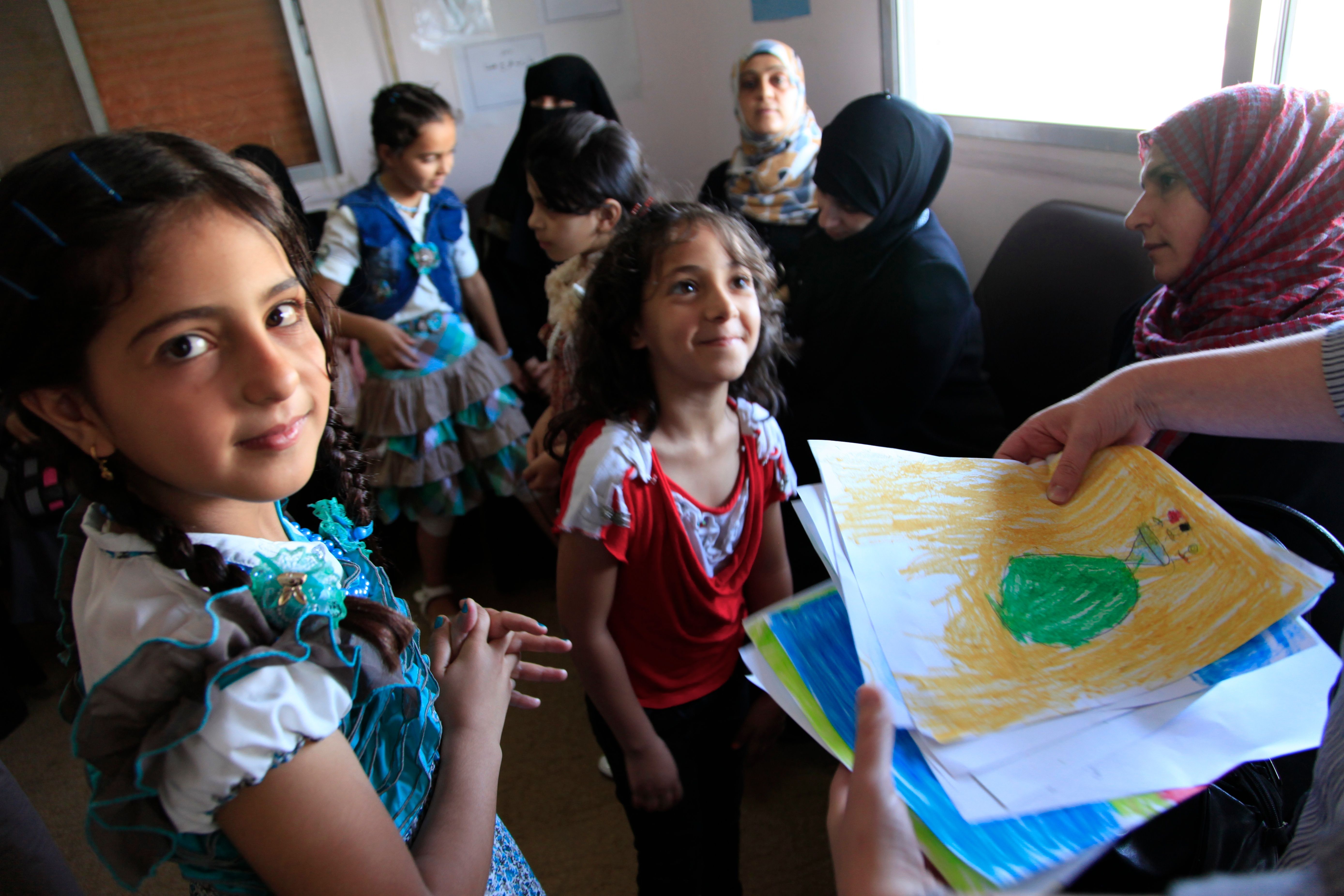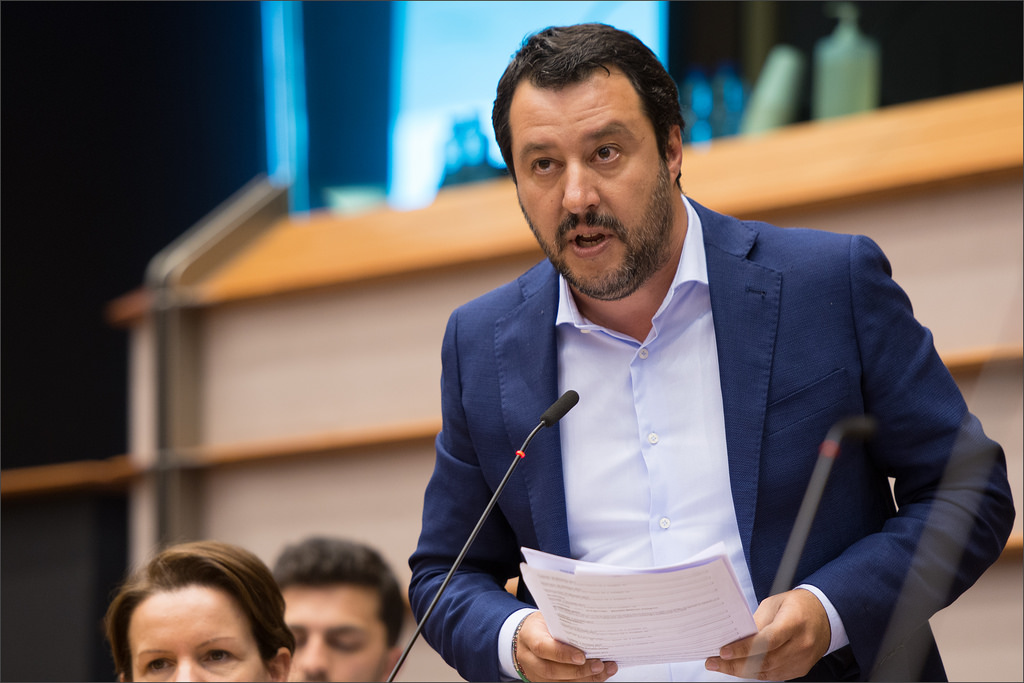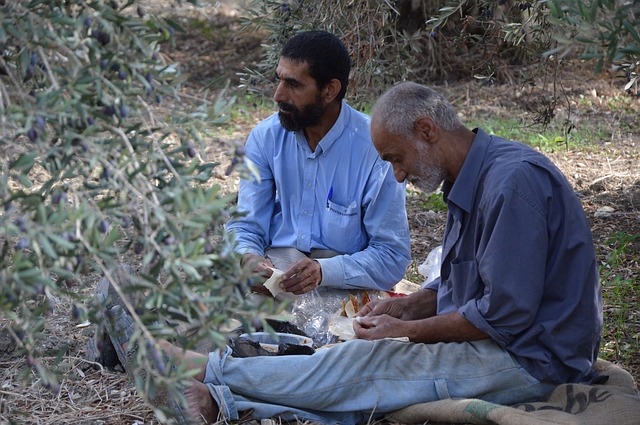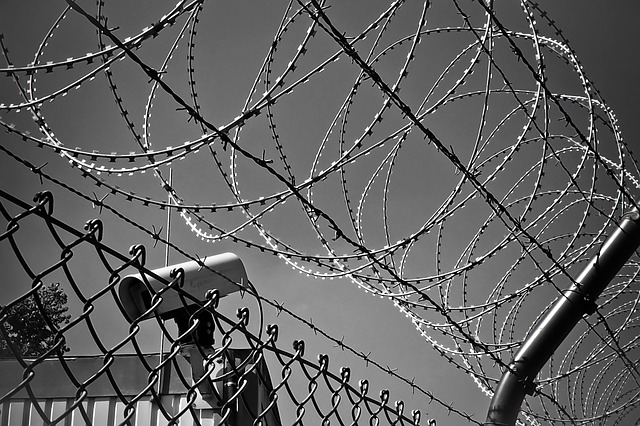POLITHEOR
European Policy Network
Migration policy
- Home
- Migration policy
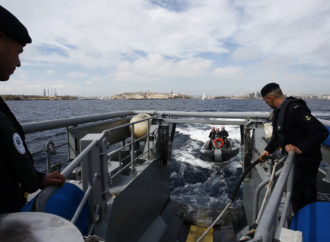
New European border management – the human cost0
- Human Rights and Migration, Op-ed
- 19/12/2016
According to the speeches on the inauguration day of the newly re-shaped Frontex agency, it seems that the European Union has found the best antidote to the migration challenge so far: the novelty has been labelled a “milestone” in the history of border politics and solidarity between Member States. But Frontex’ new aims focus foremost on control and monitoring, whilst little is said about the asylum system and the refugees’ rights.
READ MORE
UN Summit: Time to name and shame0
- Human Rights and Migration, Op-ed
- 19/09/2016
The outcome of the summit is predetermined and set to disappoint since it establishes no new obligation on member states.
READ MORE
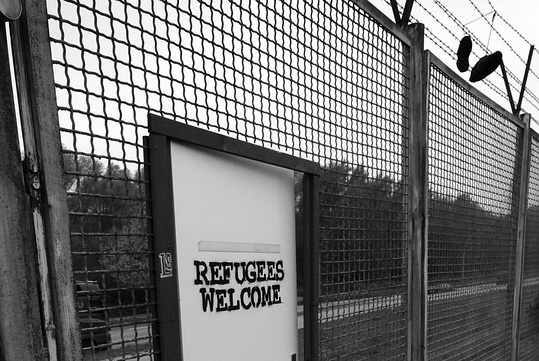
Calling for a right to resettlement ahead of UN refugee summit1
- Human Rights and Migration, Op-ed
- 17/09/2016
During a meeting on how to manage refugees’ expectations, I was reprimanded by my superiors for adding to my introduction in resettlement interviews with refugees that there is no recognized right to resettlement. This is certainly not a shock to most people, but it was a shock to the people I interviewed. It certainly made them upset to hear it. My superiors said it was cruel. Working for a small aid organization, we turned down many in need refugees asking for financial, legal, and medical assistance, and yet none of that was deemed cruel.
READ MORE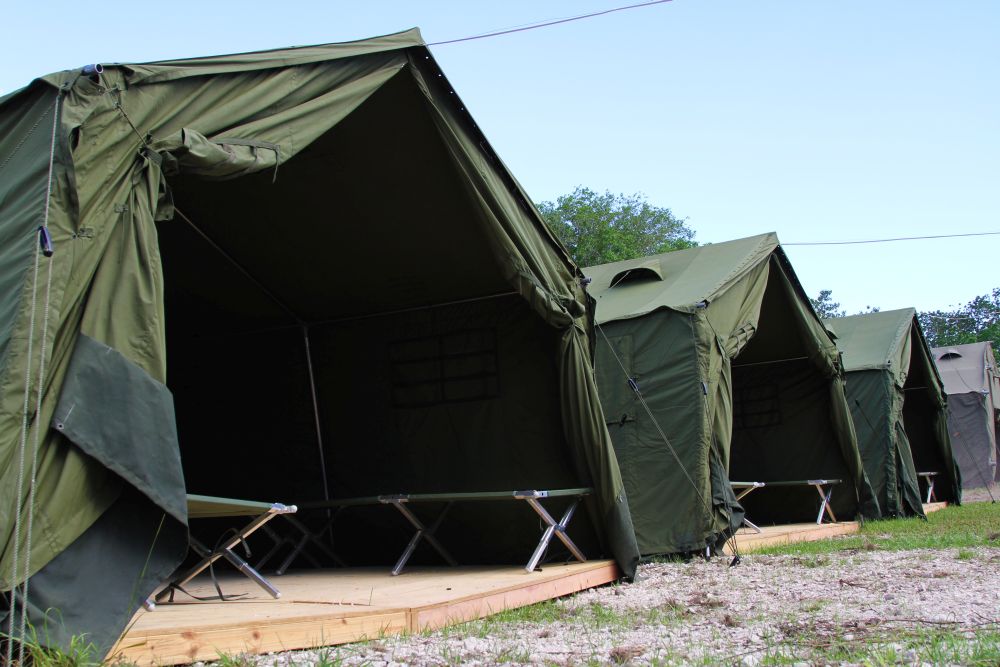
Chronicles of Nauru: Outsourced0
- Human Rights and Migration, Op-ed
- 13/09/2016
Australia’s refugee policy has been a festering wound for the past three years. On August 10th the wound exploded when The Guardian revealed 2,100 reported incidents of the offshore detention centre in Nauru. Most of the attention has been rightly devoted to the abuses themselves. Yet, at the same time it occludes a more widespread, global problem: the risks of outsourcing.
READ MORE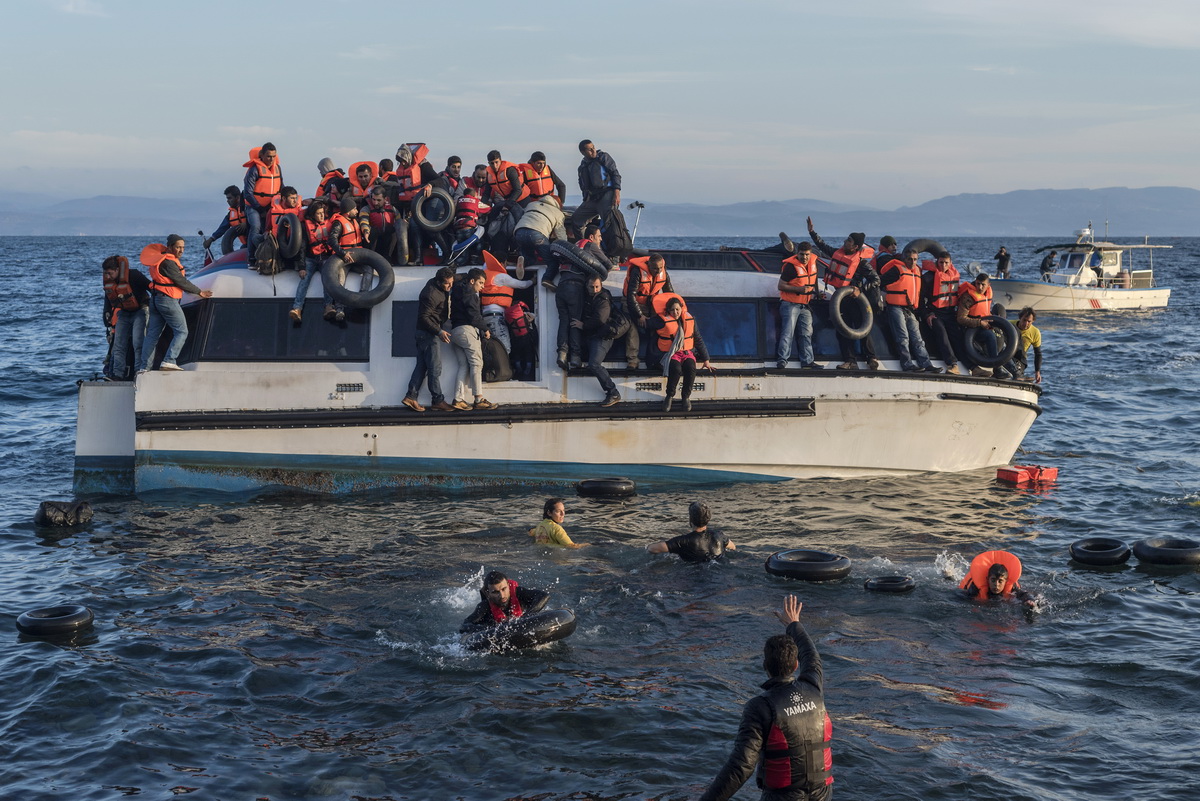
The Refugee Crisis and EU integration: The Need for a Fine Balancing Act1
The ongoing refugee crisis in Europe is threatening to unravel the very fabric of EU integration. It played a decisive role in determining the outcome of the ‘Brexit’ vote, and has sown the seeds of discord across the EU. To prevent further disintegration, the Union must develop a coherent and comprehensive migrant integration policy, and because it must do this amidst a strained political-economic climate, this will need to be a fine balancing act.
READ MORE
